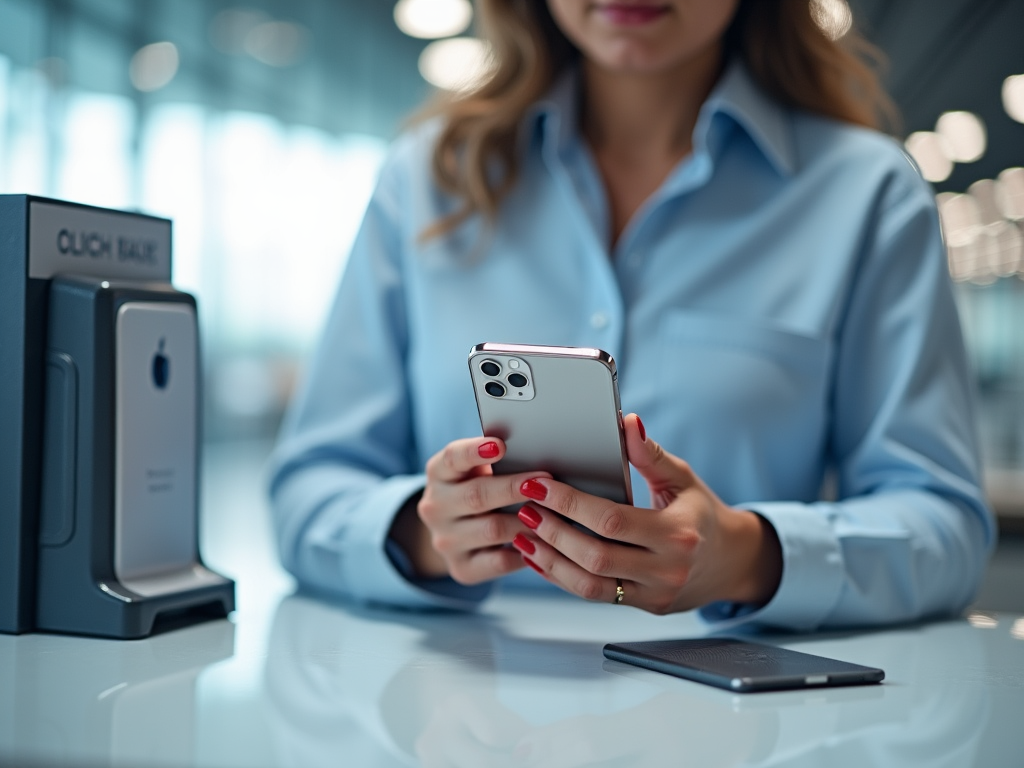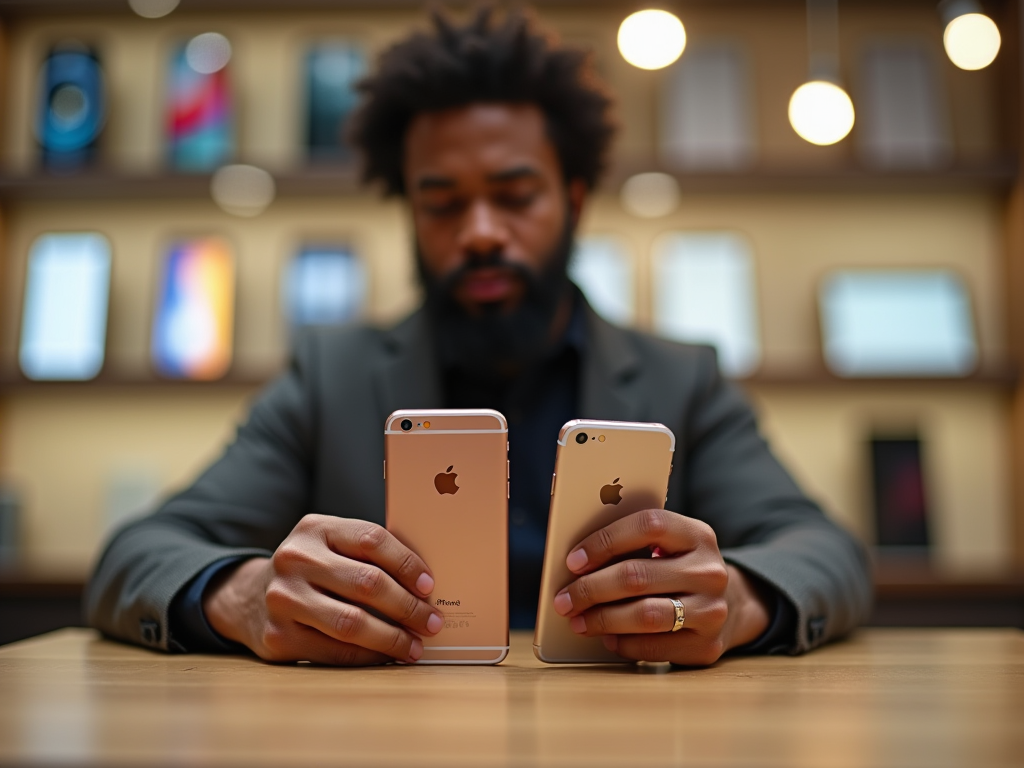As a gadget enthusiast or a pragmatic tech buyer, you may often wonder whether purchasing an imported iPhone in India is a wise decision. This thought pops up mainly due to the often enticing price differences between imported and locally sold devices. In this comprehensive guide, we will explore the advantages and disadvantages of buying an imported iPhone, helping you make an informed decision.
The Price Advantage

One of the most persuasive reasons to consider buying an imported iPhone is the price. iPhones manufactured for markets such as the USA, UAE, or Hong Kong may sometimes be available at significantly lower costs compared to the Indian pricing. This price differential exists due to various factors such as currency fluctuations, different tax structures, and regional pricing strategies employed by Apple. Nonetheless, the potential savings must be weighed against other crucial factors that affect the viability of importing a device.
If you opt for an imported iPhone, you might save a considerable amount which could be otherwise used for accessories or even an extended warranty, if applicable. However, it’s vital to note that savings often fluctuate and are not guaranteed. Prices can change due to new model releases or changes in international shipping or currency rates.
A major downside to buying an imported iPhone is the limited warranty support. Apple’s warranty policies are often region-specific, meaning an iPhone bought overseas may not qualify for warranty repairs in India. This caveat is significant because it implies that any hardware malfunction could lead to out-of-pocket expenses for repair work that a locally purchased iPhone would be covered for.
Furthermore, service options could be limited. In many cases, you would either have to rely on third-party service providers or ship the product back to its region of origin for repair, both of which might not be cost-effective. Before you choose to buy an imported iPhone, you must consider whether the immediate savings are worth potential future expenditures and hassle.
Customs and Duties

Purchasing products from abroad invariably introduces the element of customs and import duties. In India, electronics can attract substantial import duties, often ranging between 10% to 20%, in addition to the Goods and Services Tax (GST). These costs can significantly offset any initial savings you might have imagined from purchasing an imported device.
It’s prudent to investigate the exact customs duties applicable to ensure that your total cost is favorable. Calculate the cost breakdown beforehand to avoid any unpleasant surprises. Usually, the process involves the following steps:
- Research the cost of the iPhone model in the origin country.
- Calculate the import duties and GST applicable in India.
- Add potential shipping and handling fees.
- Compare the final cost with the local pricing in India.
Network Compatibility
Another consideration is whether the imported iPhone will be fully compatible with network standards in India. iPhones are manufactured to cater to specific regional standards regarding LTE bands and other connectivity features. An imported model might lack support for certain Indian networks, which could hinder performance or capabilities such as VoLTE calling.
Ensuring compatibility means checking the specifications of the particular model you plan to import. Cross-reference these with the supported network bands in India to avoid any disruptions or limitations in service quality. Failing to do so could limit your phone’s efficiency and the full suite of services it can provide.
Software Updates and Regional Features
Imported iPhones might also face issues regarding regional software features. Certain functionalities available in iPhones released in India may not be explicitly supported or could function differently on imported models. Local apps and services rely on regional settings, and these might not operate optimally.
Additionally, software updates, while generally consistent across Apple devices, can come with region-specific features. Ensure that any inherent lack of regional adaptability will not significantly impede your usage patterns or expectations of the device. Researching these aspects prior to acquisition is crucial for a satisfactory tech investment.
Conclusion
Ultimately, whether you should buy an imported iPhone in India boils down to a balance between cost savings and the associated risks of warranty, service limitations, and additional duties. Although the financial lure may be enticing, the hidden costs could outweigh the benefits. Before making a decision, conduct a thorough cost-benefit analysis aligned with your expectations and needs.
Frequently Asked Questions
1. Is it legal to import an iPhone to India?
Yes, it is legal to import an iPhone to India. However, you must comply with customs regulations and pay applicable duties and taxes.
2. Can I get an imported iPhone serviced in India?
Service may not be as straightforward for imported iPhones due to region-specific warranty policies. Apple may not provide warranty services for devices not purchased in India.
3. Are there any import duties on iPhones purchased from abroad?
Yes, iPhones imported to India are subject to customs duties and GST. The total duty can significantly affect the total cost, so it is important to calculate these before purchasing.
4. Will my imported iPhone work on Indian telecom networks?
Generally, imported iPhones should work on Indian networks. However, checking LTE band support for compatibility with Indian telecom providers is recommended.
5. Are there software limitations for imported iPhones in India?
Imported iPhones might not support certain regional software features available on Indian iPhones. It is advisable to research any differences before purchasing.



